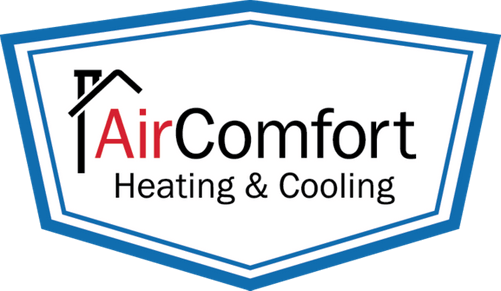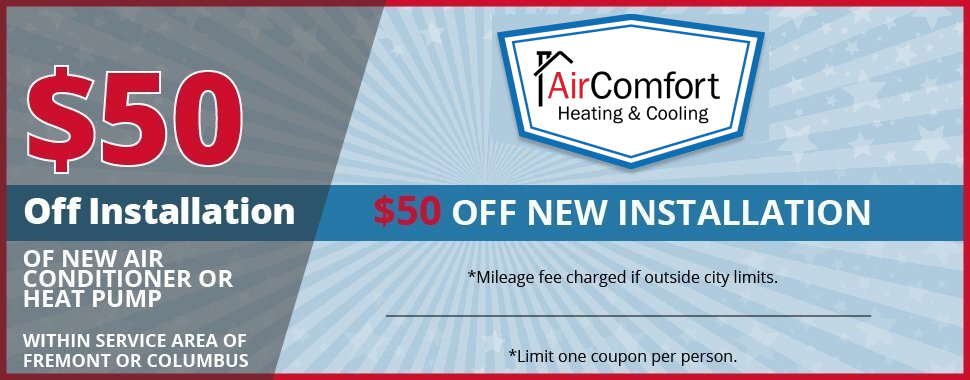Since the novel coronavirus (known worldwide as COVID-19) made its appearance in the western world this year, scientists have been working to determine the best ways to reduce its spread. The intricacies of the virus may take many years to unravel, but in the meantime, we can work with what we know to determine the best course of action.
HVAC systems can either improve air quality or make it worse. In many ways, the best way to reduce the spread of this virus is similar to reducing any virus in your home.
Based on current research, here are three ways to reduce the risk of exposure and spread in your home through your HVAC system.
Boost fresh air
Researchers have found that the quantity of the virus you are exposed to has an impact on how sick you get. Of course, your own immune system’s function and whether you have underlying conditions will also affect this. As far as your HVAC system goes, reducing the amount of stale air buildup will both reduce your risk of exposure and boost your immune system overall.
Proper ventilation, which requires both the removal of stale air and introduction of fresh outdoor air is a step in the right direction for keeping your exposure down and reducing your risk of infection.
Tighter humidity control
Like it or not, the risk of getting and spreading COVID-19 goes up as winter sets in. One reason for this is the reduced humidity, both indoors and outdoors. Drier air allows smaller aerosols containing the virus to remain suspended longer, exacerbating the spread of air borne viruses like the coronavirus. Lower humidity also dries out mucus membranes, making your body more welcoming to the virus as this defence mechanism is rendered impotent.
Adding humidity to your home, ideally via a whole house system with proper control, will reduce your risk due to poor humidity.
Air purification
Upgrading your home’s filter to a HEPA filter can remove particles like viruses from your home’s air. Individual room purifiers can help further reduce the virus count in specific areas like bedrooms. If you do choose to replace your furnace filter, it’s important to have a professional review the fan to ensure that it can still perform as required since HEPA filters also slow airflow.
Keep in mind that there is no 100% guarantee that you would never get this terrible illness, but you can do your best to minimize the risk. Also remember that as more research is conducted, more information will come to light. If you need help assessing and upgrading your HVAC system to reduce your COVID risk, give us a call.



